Category: Research

Hijamat- the ancient therapy of cupping
While investigating data for our history project on the development of the profession of physiotherapy in the United Arab Emirates, I was reminded of the practice of cupping (hijamat) and have noted its continuing access as a physical therapy in this part of the world. Every year the Dubai Health …
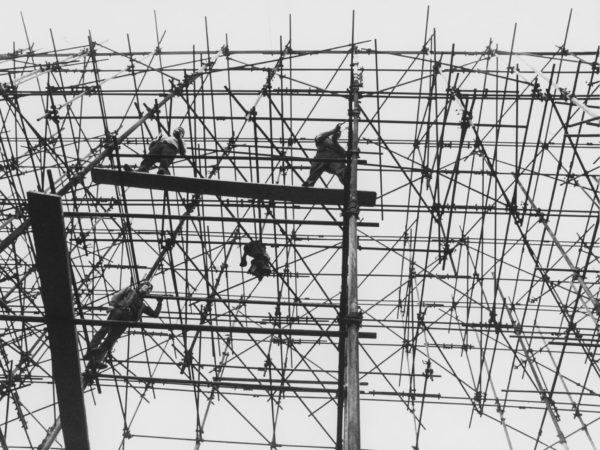
The first ever Special Issue on the History of Physiotherapy now in print
Nearly three years ago now, we put out a call for people interested in compiling a special issue on the history of physiotherapy for the journal Physiotherapy Theory & Practice, and I’m delighted to say that the papers are now appearing online. There are seven full papers and one Editorial in …
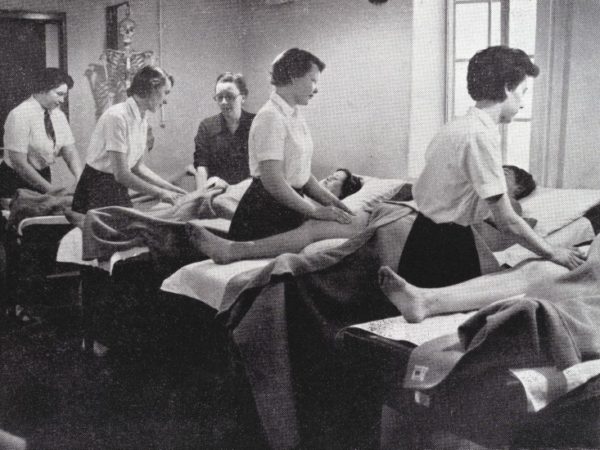
The process of physiotherapy professionalisation in the UK – Development of autonomy, Part IV
A Watershed in Professional Independence in the UK – The McMillan Report NOTE: Readers may be interested to know that Mr E.L. McMillan (Chairman of the McMillan working Party, in whose name the Report was published) was a patient of the author during the period that the working party was …
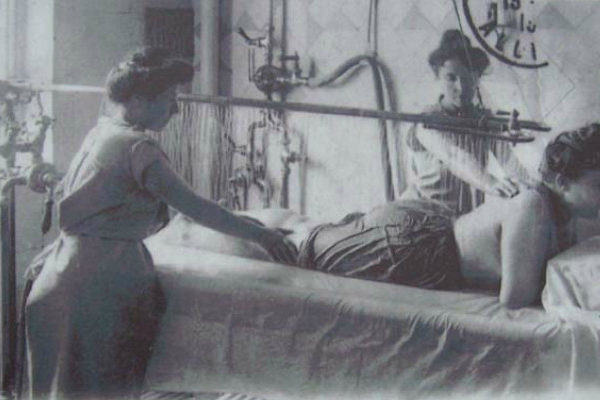
The Physiotherapy that Time Forgot
In 2018 I experienced “physiotherapy” from many years ago; at the Igalo Spa in Herceg Novi, Montenegro. That’s not me in the photo above, just an indication of what is to come. To give some background about the Igalo Spa I’ve taken a few excerpts from their website at www.igalospa.com: …
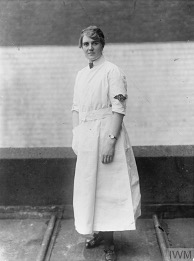
Mobilising a workforce
On Friday this week (20thNovember 2020), the physiotherapy staff in the acute London NHS Trust where I work, along with other professional groups in the organisation, received a request asking for volunteers to administer Covid-19 vaccinations to the Trust’s workforce. Physiotherapists in the UK (along with other groups of healthcare …
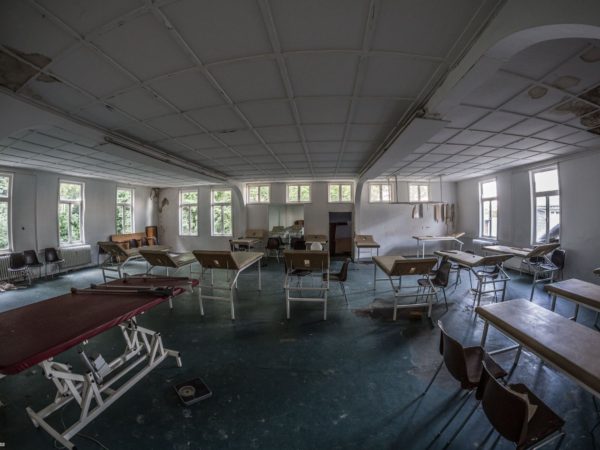
The End of a Physiotherapy School
Abandoned architectural, infrastructural or technological artifacts of the past are scattered all around the world, reminding us that nothing built by (wo)man can ever stand the test of time on its own. The reasons behind the abandonment of such places vary, and for a long time in most cases they …
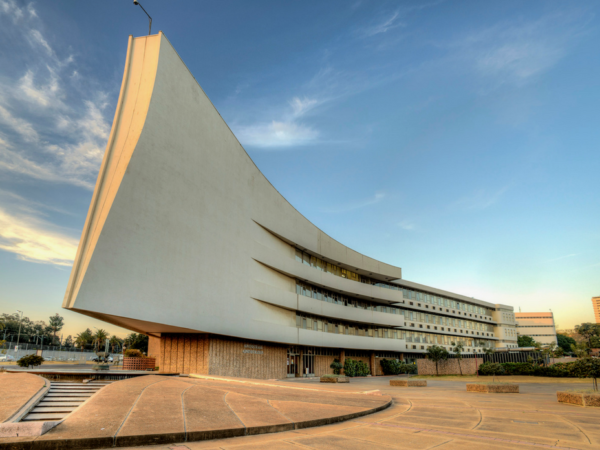
History of Physiotherapy at the University of Pretoria
Introduction The history of the development of Physiotherapy as a profession as well as the development of Physiotherapy as a professional degree at the University of Pretoria should be seen in the greater context of the Development of Physiotherapy as a profession in South Africa. In the first section of …
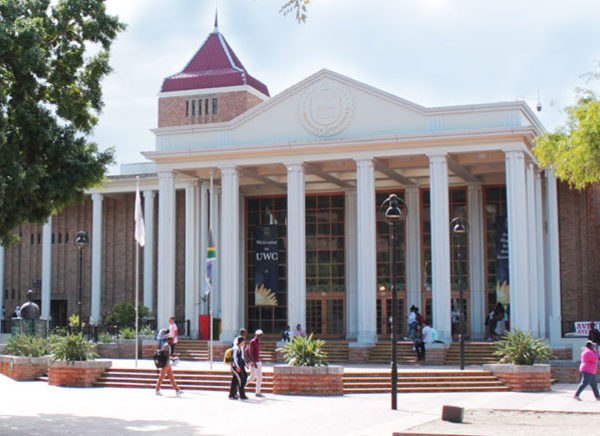
Black Physiotherapy Education continued: The first coloured Students allowed University of the Western Cape
When reflecting on the history of an academic institution, one cannot ignore the historical and political context in which it was established. The ruling Nationalist Party ensured separate development through its Apartheid policy of racial segregation at all levels of society, including education. Access to historically white universities (HWUs) was …
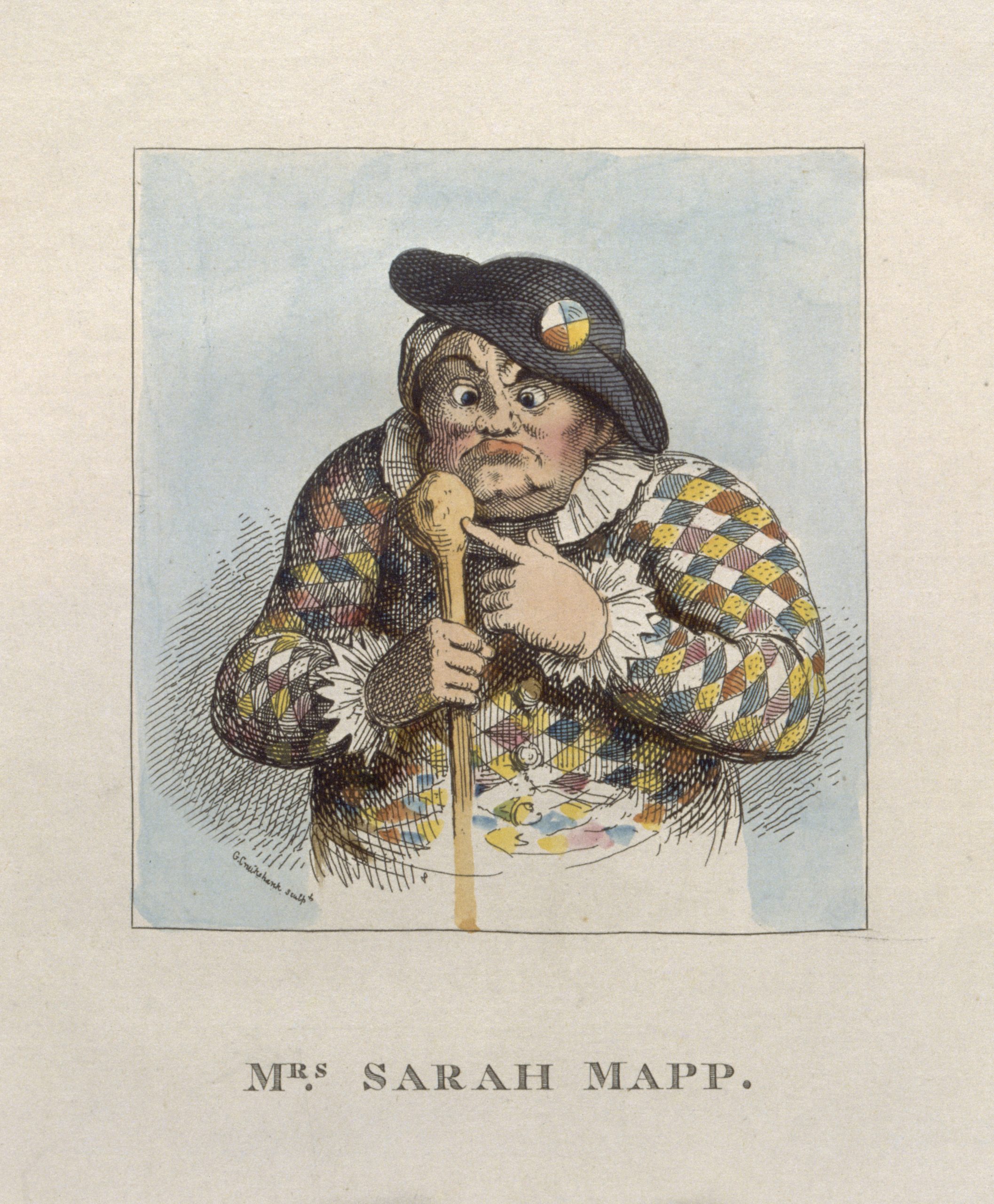
Manipulation – “Setting” the record “Straight”
Understanding the complex history of the manipulation in the physiotherapy profession requires a recognition of the role of traditional lay healers such as bonesetters have played. Here is a sampling which to some may be quite interesting: During the 18-19thcentury there was a considerable growth in the middle-class as industrialization …
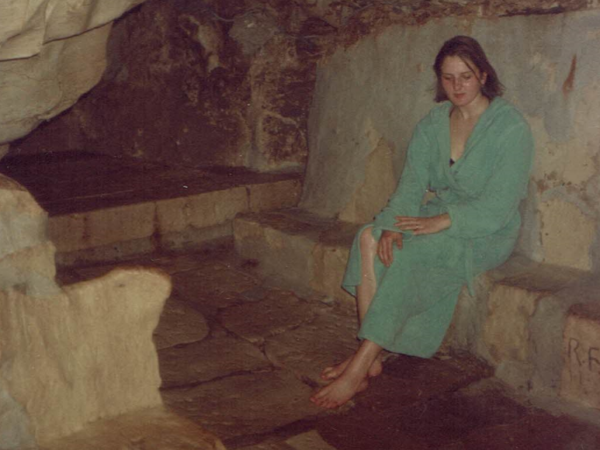
The therapeutic use of hot and humid grottoes
A town on the south-western coast of Sicily, Sciacca, has developed a peculiar history in the use of thermo-mineral waters and vapour grottoes since high antiquity. Today, its geo-thermal area is still marked by two streams, the Carabollace on the eastern side and Carrozza on the western, which receive their …
